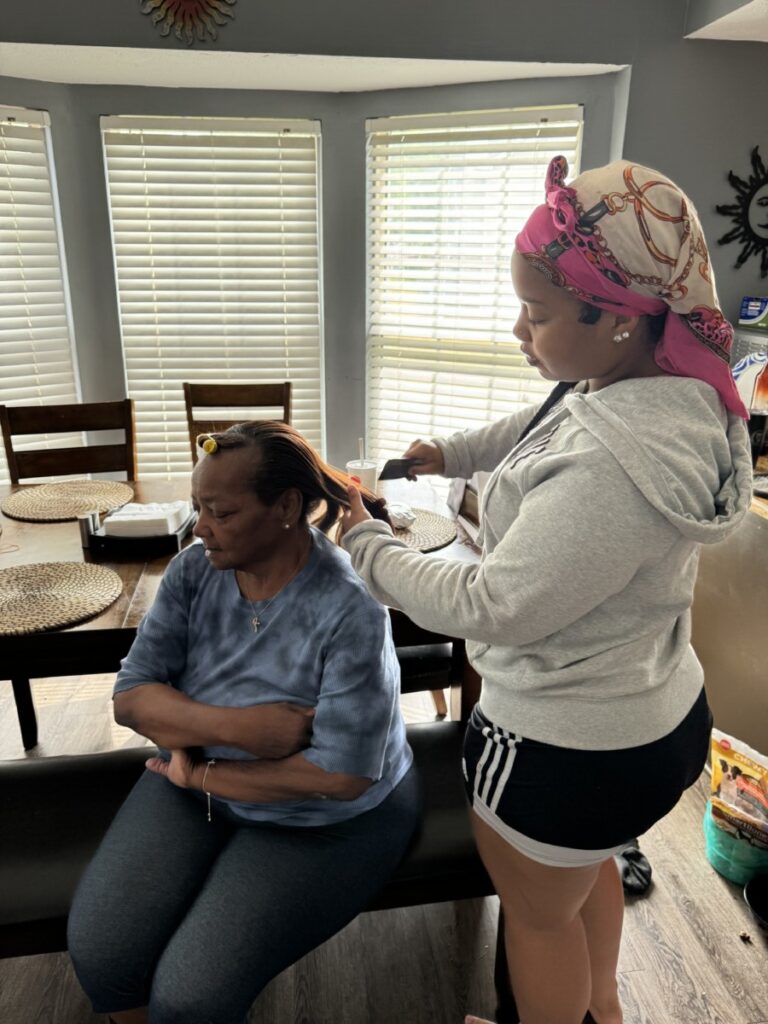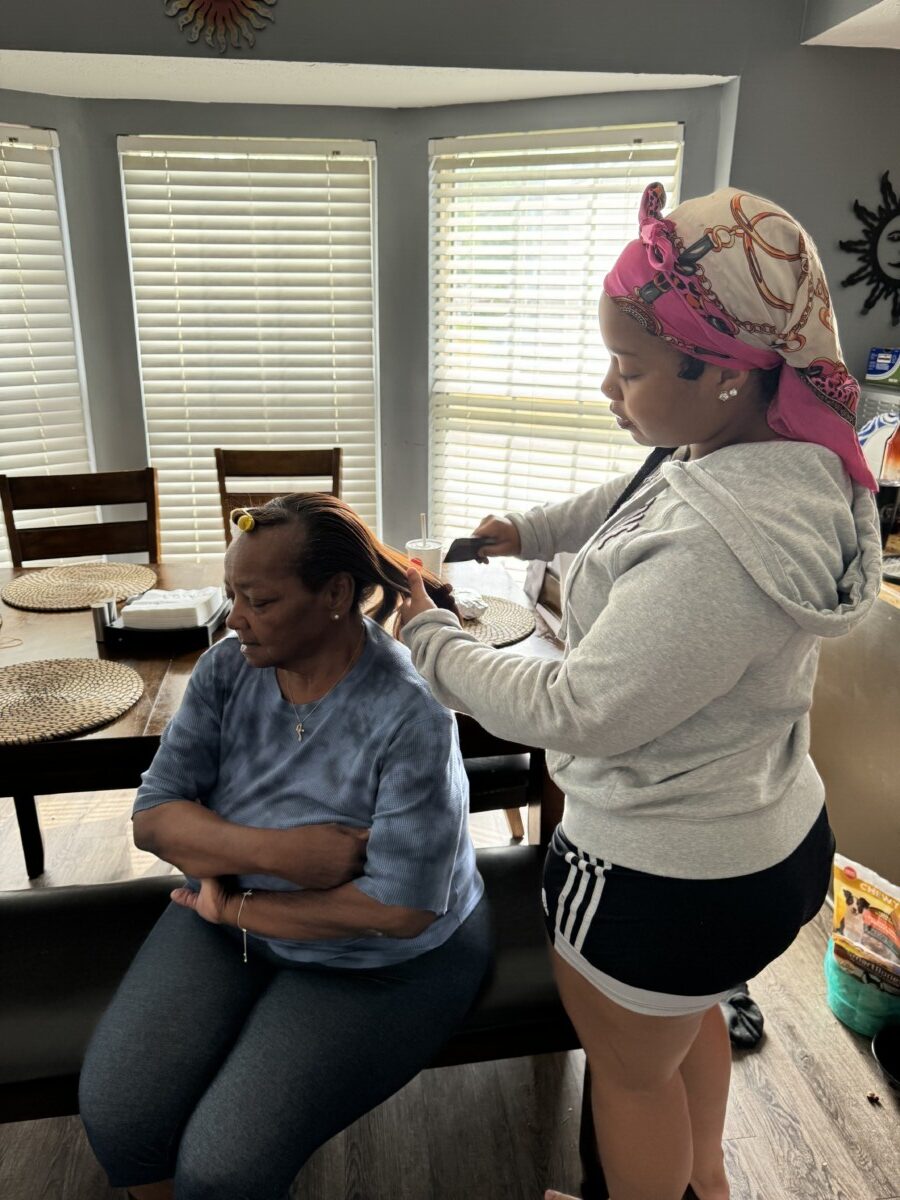
By Divine Savoy
The rising costs of professional in-home care, exacerbated by the COVID-19 pandemic, have forced an increasing number of adolescents to assume caregiving responsibilities for their elderly or ailing parents.
This trend is reshaping the landscape of adolescence, presenting unique challenges and profound responsibilities for young people just beginning to navigate their own lives. About 6,000 high school students said they were caregivers, accounting for 20% of 30,000 respondents in the Adolescent Health Survey by the McCreary Centre Society in Vancouver, British Columbia.
The impact of such caregiving on teenagers can be significant. A study by Living Assistant Services found that young caregivers often experience poor academic performance, social withdrawal, stress and mental health issues. The Adolescent Health Survey revealed even more alarming statistics: Teen caregivers were twice as likely to have attempted suicide and were more likely to be bullied than their peers.
Mikayla Alexis, a 15-year old caregiver, admits to struggling with asking for help, not wanting to appear less capable than others.
“The positive aspects that I found in caregiving is just … having a good sense of … I’m helping,” she said.
Princess Diallo’s story gives an example, too. At 12 years old, she began caring for her mother, taking on tasks ranging from meal preparation to medication management.
“I had to prepare meals, clean, iron clothes, administer medication as directed and take my parent to doctor appointments,” recalls Diallo, now 58. Despite these responsibilities, she maintained her academic pursuits and extracurricular activities through careful scheduling.
Financial strain adds another layer of complexity. Out-of-pocket costs for caregiving average $7,000 per year, while the cost of in-home medical care has risen by 10%, according to Genworth, a life insurance company. Recent data from the Bureau of Labor Statistics shows that the price for “care of invalids and elderly at home” rose 13.9% in April 2024 compared to the previous year, approaching a record high.
Marc Cohen, professor of gerontology at the University of Massachusetts Boston, explains the rising costs.
“When you have increasing demand and shrinking supply, the market works,” Cohen said. “You get higher prices because people have to pay more to find people to do this work”
The caregiving industry is facing a significant workforce shortage, with projections indicating a need to fill more than 9 million direct-care positions between 2021 and 2031.
Despite these challenges, some teenagers find meaning in their caregiving roles.
Jaden Brown’s experience highlights the complex dynamics of familial caregiving. While he helps his grandmother with household chores, the $20 compensation he receives for tasks like mowing the lawn leaves him feeling undervalued and physically drained.
“I feel like I don’t get paid for what I work for, and because of that I can’t get the stuff I want,” the 15-year-old said.
Experts suggest several ways to support young caregivers such as involving other family, communicating with schools about the situation at home, having family members or friends assisting in caregiving duties, seeking financial assistance and emotional support resources, hiring professional home care services for complex tasks and arranging regular respite care to prevent burnout
The challenges of teen caregiving extend beyond the individual to impact society as a whole. As Marc Cohen points out, the rising costs of at-home care reflect a broader issue of undervaluation in the caregiving sector. Addressing this will require a multifaceted approach, including better working conditions, improved career opportunities and a more stable workforce, potentially through more predictable immigration policies.
In the face of these complex issues, the resilience of young caregivers shines through. Princess Diallo’s advice to others in similar situations resonates.
“Enjoy your loved ones you’re caring for, and hold on to the precious memories,” Diallo said.
Divine Savoy is a reporter for VoicesofTomorrow.news through the Howard University Multicultural Media Academy. She is a sophomore at Archbishop Carroll High School in Washington, D.C.

Devine this article was very well written. It kept my attention to the end. You put the concern out there. I had not given thought about the use of teens as caregivers.